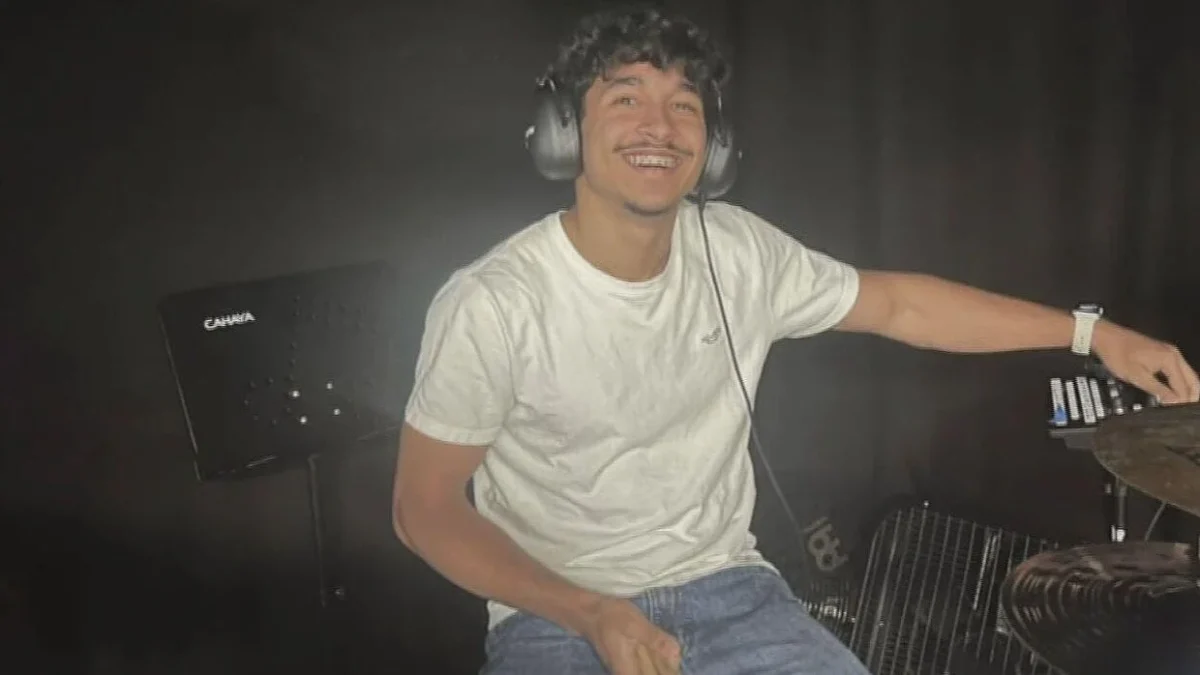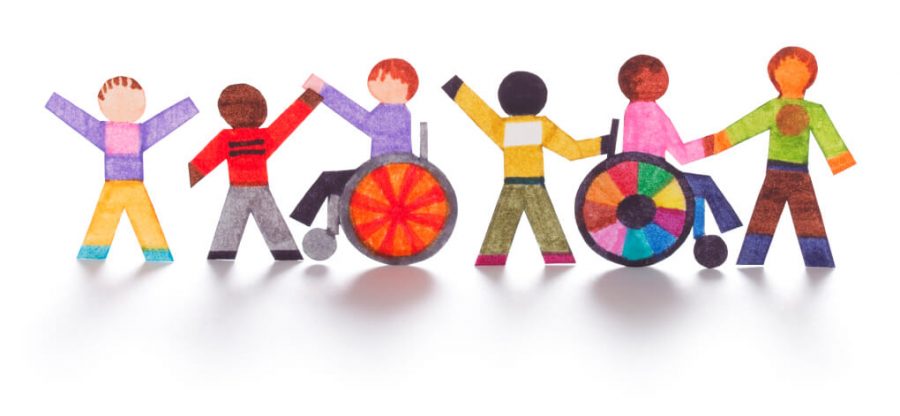How COVID-19 is Disproportionately Affecting Individuals With Intellectual Disabilities
March 5, 2021
Every year on the first Wednesday of March, thousands of people across the country take part in “Spread the Word to End the Word,” a national campaign that promotes inclusion and respect for individuals with intellectual disabilities and raises awareness about the use of the word “retarded” and its offensive and hurtful nature. Each year at Milford High School we further the campaign’s mission by hosting an assembly with speeches from members of Best Buddies, informative videos, and a banner where students can pledge their support for the campaign and pledge to rid their vocabulary of the r-word. However, like many other aspects of our life due to the pandemic, this year’s Spread the Word assembly will be all online. Speeches from members and officers of Best Buddies will be included in a video that will be sent to all students and staff, and students will be able to pledge online. Even though our Spread the Word assembly will look different this year, the campaign’s message is still of the utmost importance. Now more than ever, we need to practice and promote inclusion and acceptance because unfortunately, the COVID-19 pandemic has disproportionately affected individuals with intellectual and developmental disabilities.
COVID-19 has caused everyone to feel isolated and alone, but for people who already have trouble connecting socially, this time is particularly challenging. According to a 2018 study conducted by the National Library of Medicine, “45% of people with intellectual disabilities reported feeling lonely as compared to only 10.5% of the general population.” It is clear that individuals with intellectual disabilities are already disproportionately isolated and excluded in society, so pandemic safety practices such as social distancing and quarantining exacerbate these feelings of loneliness and social isolation. For many individuals with intellectual disabilities, connecting with friends and family, working, or participating in social groups and clubs are valuable and meaningful experiences that make them feel included and accepted and provide them with a sense of independence and fulfillment. Because of COVID-19, however, these types of activities and social gatherings have been severely limited and deemed unsafe which is incredibly disappointing. A writer for the World Economic forum shares her brother’s experience with COVID-19 as an individual with intellectual disabilities. In the article she states, “My brother is not able to go to his state-funded part-time job, removing his interaction with others outside of our immediate family and taking away the sense of purpose he felt by doing work.”
Additionally, practices such as mask-wearing and social distancing can make it even harder for individuals with disabilities to interact with others during this time. For example, when you are talking to someone wearing a mask, it is extremely difficult to identify their facial expressions or tone of voice, and when you are socially-distanced from someone, it may be harder to interpret their body language during a conversation. Being able to recognize facial expressions and identify body language are integral parts of understanding social cues and conversing with people. While this may come naturally to many neurotypical individuals, people with intellectual disabilities might need to continually practice these things and work hard to build the necessary social and interpersonal skills which proves to be immensely difficult in the restrictive age of COVID-19.
People with disabilities are also affected by this pandemic because of limited access to services such as caregivers, therapies, and schooling. According to the World Economic Forum, these limitations “increase the responsibility of family members, affecting the routine of people with intellectual disabilities and significantly impacting their independence.” With many businesses shut down, people may not have access to the resources and services they need, and some experts are worried that these support services may not return given the financial toll of the pandemic on human service agencies and state budgets. COVID-19 not only poses a threat to these individuals’ mental and emotional health, but also poses a threat to their physical health and safety. Some individuals who have intellectual or developmental disabilities might not be able to fully grasp the seriousness of the pandemic or understand what they need to do in order to keep themselves safe. For example, they may unintentionally break safety protocols such as social distancing or mask wearing which can pose a threat to their health and safety and put them at an increased risk of getting the coronavirus.
Individuals with intellectual disabilities are among one of the most vulnerable communities during this pandemic, which is why we need to make sure that we are continuing to practice inclusion and acceptance despite the immense change in our daily lives and routines. In order to support our friends, loved ones, and community members with disabilities, we need to find creative ways to connect, care, and advocate for one another.

























